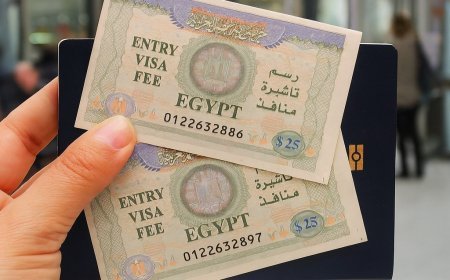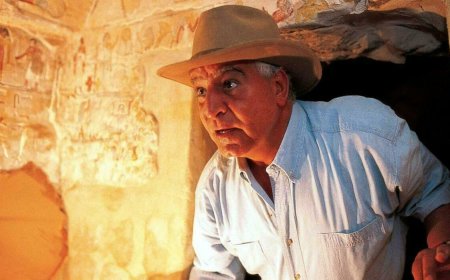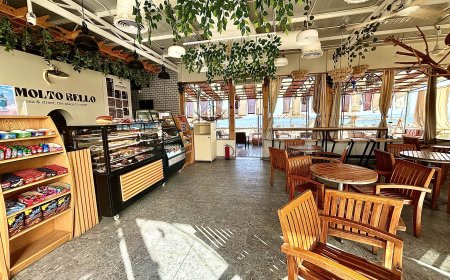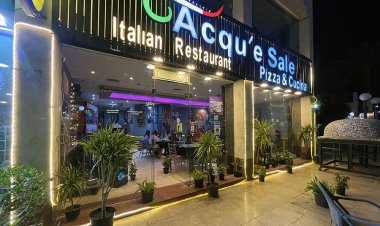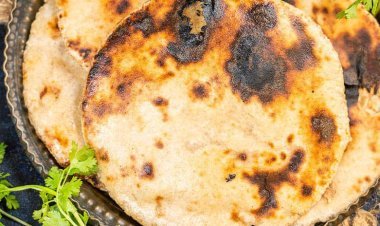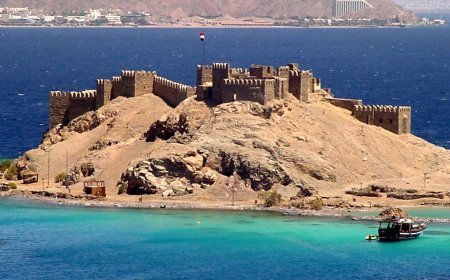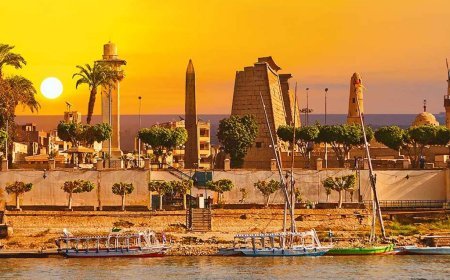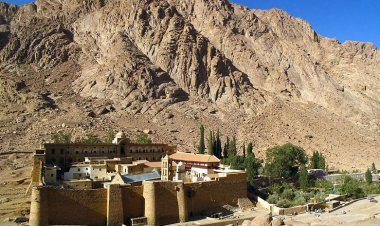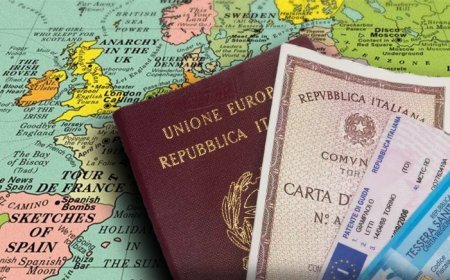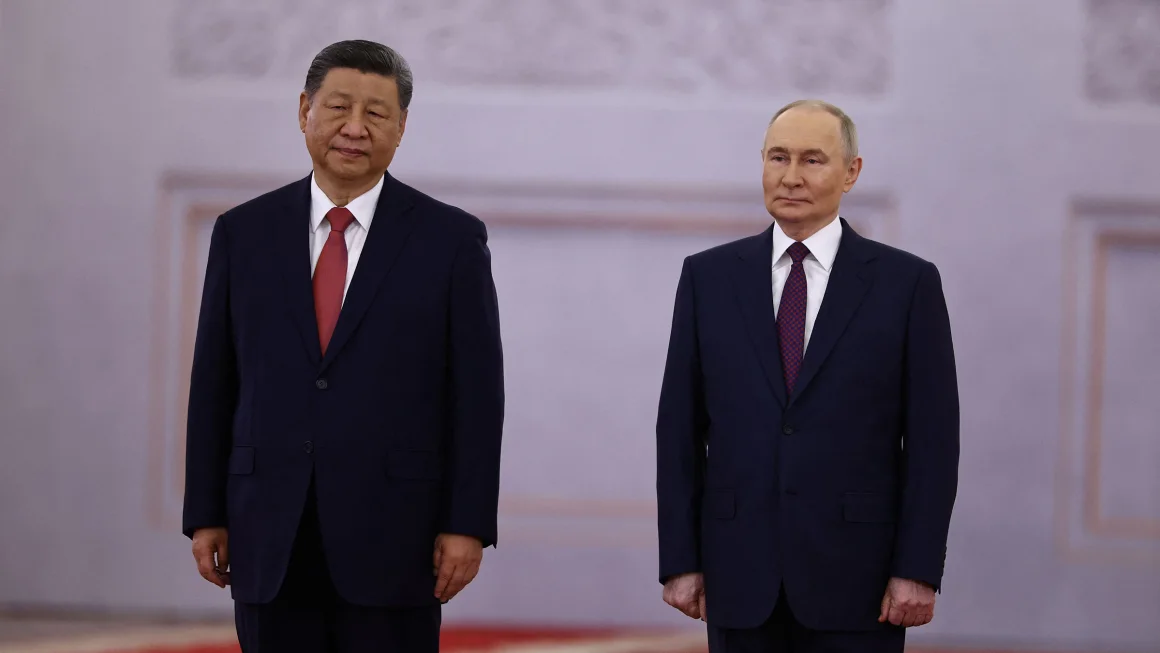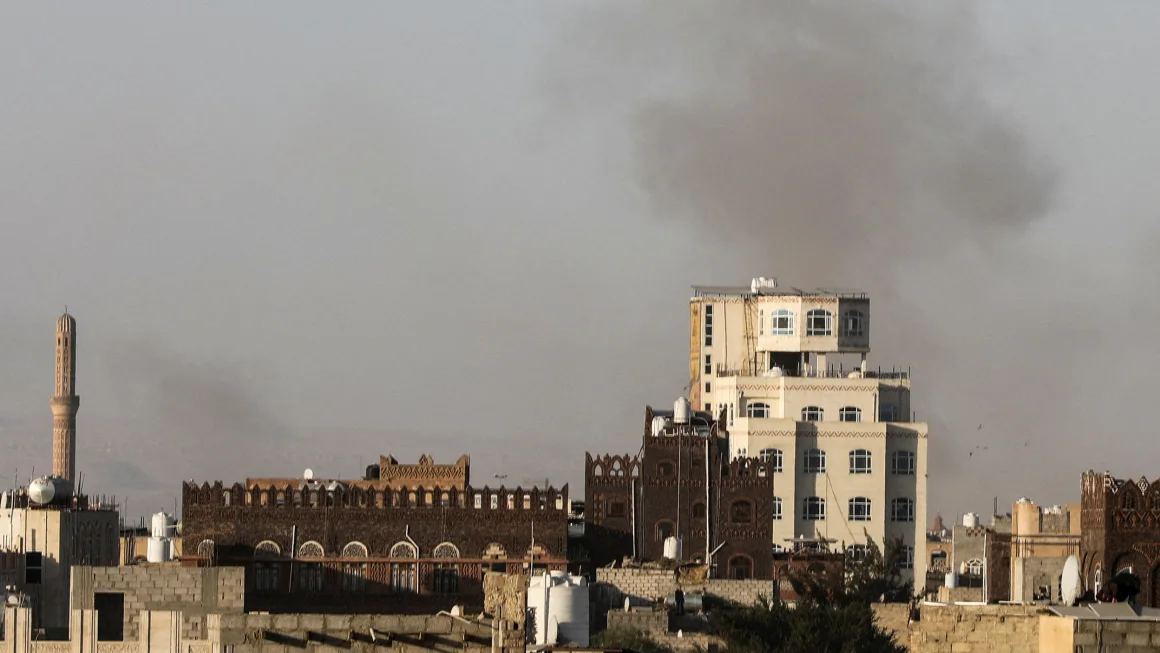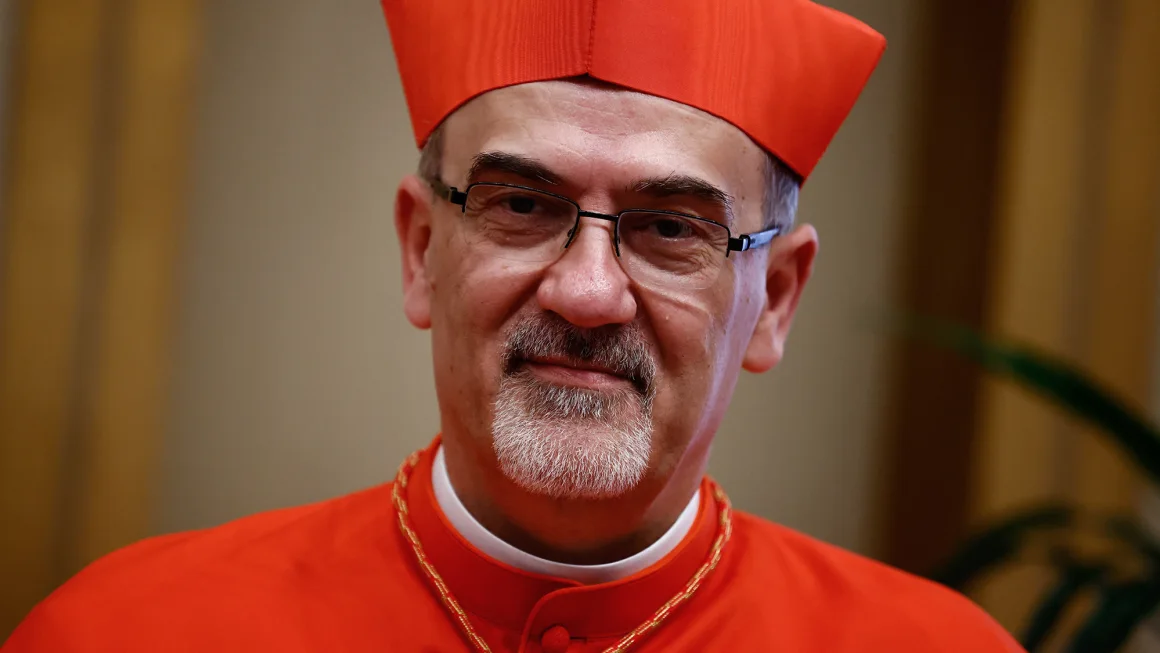As they prepare to accept her Nobel prize, jailed activist’s children believe they’ll never see her again
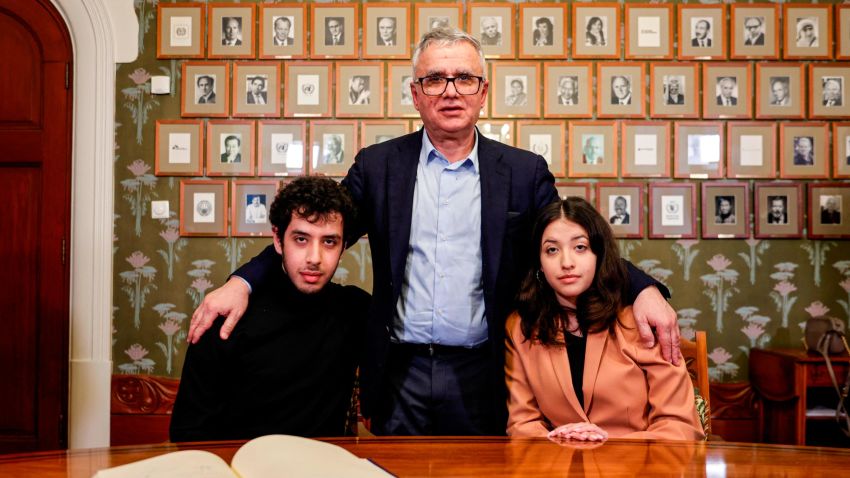
At the age of four, Ali Rahmani realized his family would never lead an ordinary life.
He remembers the Iranian Revolutionary Guard arresting his father. Since then, he and his twin sister Kiana’s lives have been a series of arrests, separation and exile. If one parent is present, the other is in prison.
Now aged 17, the two will be accepting the Nobel peace prize this Sunday on behalf of their jailed mother, renowned Iranian activist Narges Mohammadi. Together they will deliver her Nobel lecture that was smuggled out of the notorious Evin prison.
“Standing here, I’m trying to visualize the crowd. We’ll be standing right there giving the speech,” Kiana tells CNN as they tour the Oslo City Hall in which the prestigious ceremony will be held.
They walk through the minimalistic seating arrangement under the towering murals towards the stage. Standing next to a portrait of their mother girdled by panels of purple orchids, Kiana says, “We will have to live up to all this. A lot of important people will be here…. This is mental preparation really.”
The two have not seen their mother since they were eight years old and haven’t spoken to her in nearly two years due to increasing restrictions on communication that got even more severe ahead of the ceremony. For her activism, campaigning for human rights, in support of political prisoners and against the death penalty, Mohammadi and her family have paid a hefty price.
She has been arrested 13 times, convicted for five and sentenced to a total of 31 years and 154 lashes.
“We are extremely proud of all that she has done. What really saddens us today is that she is not here, because we should not be the ones being interviewed. That’s my mother’s right but we’ll do our best to be her voice and represent what is happening in Iran,” Ali says.
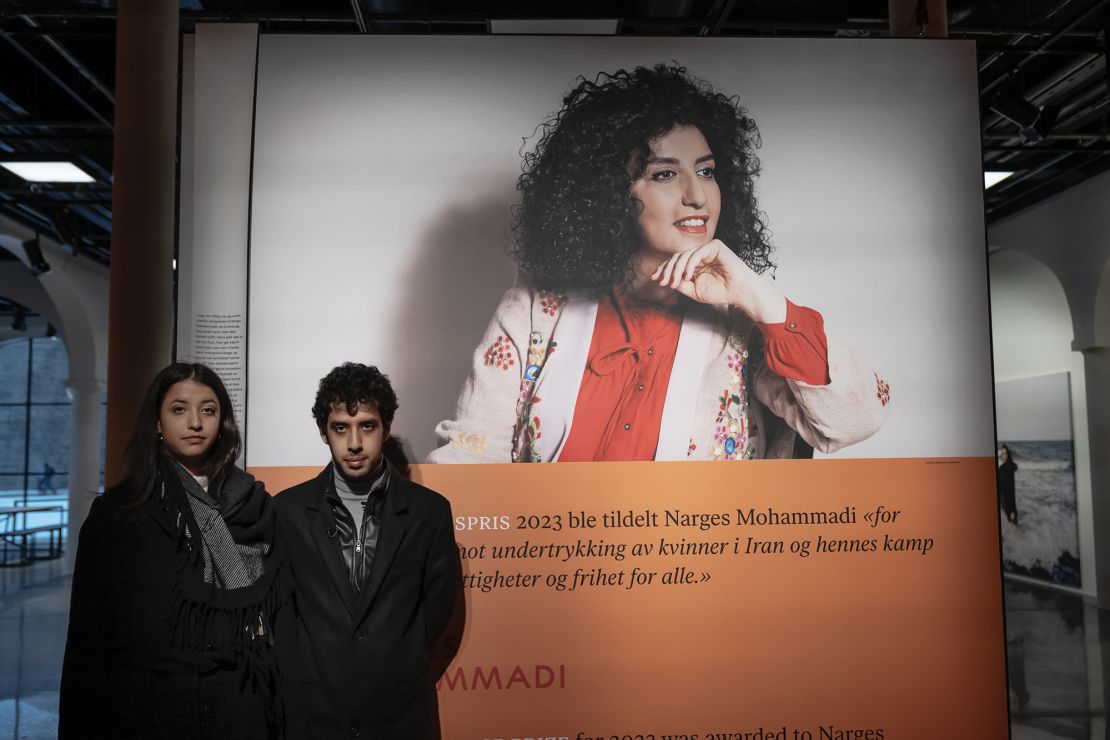
The responsibility of being the voice of not just their mother but their people weighs on them.
“We are not just here for us or our family, but for freedom and democracy and for the Woman Life Freedom movement,” Kiana says, referring to the nationwide protests sparked by the death of 22-year-old Mahsa Jhina Amini in the custody of Iran’s morality police in 2022.
It’s a road they don’t have to walk alone. In Oslo, they are continuously greeted by members of the Iranian diaspora who like their parents have paid for their dissent with years in prison or exile.
‘Disney mom’
They say they understand and accept the sacrifice, despite the impact it has had on their lives. They’ve lived with their father in self exile in France since 2015.
“Of course, at times in my life I wanted my mother by my side,” Kiana tells CNN. “At puberty, your body changes, that’s the kind of question you would ask your mom. I had no one to ask so I learned by myself. I would have loved it if she could have taken me shopping, taught me how to wear makeup and how to handle my body.”
She cherishes the childhood memories of her mother. “I’d describe her a bit like a Disney mom, a bit like in the movies,” Kiana says. “If we were hungry, we could eat as much ice cream as we wanted. If we wanted to help ourselves to more food, we always could. She did everything she could so that we would be comfortable and have stability in our lives. She played both roles really well just like my father does now.”
They last hugged her on the day of her arrest, when they were not yet nine years old. She made them breakfast, sent them to school and when they returned, she was gone.
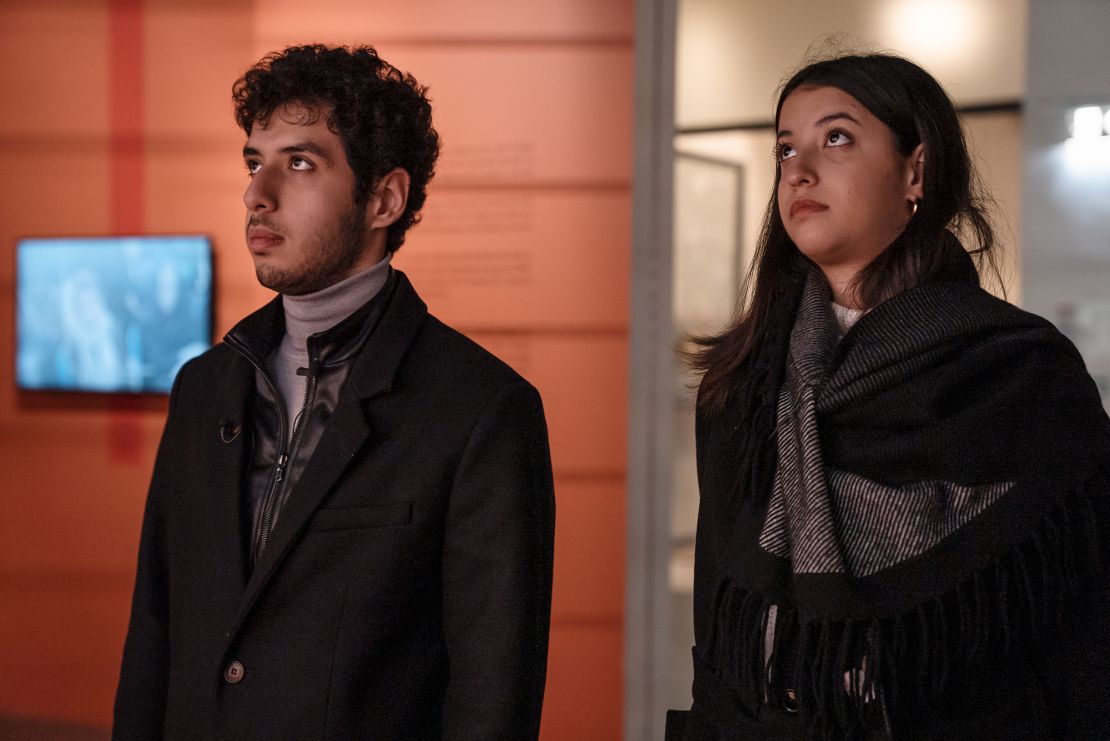
Both Ali and Kiana find solace in a simple realization. Despite their growing concerns about their mother’s deteriorating health, they believe the international recognition and pressure on Iran could save her life.
Ali notes how tormenting the news of executions of political prisoners have been, in addition to hundreds of others killed during protests. “A lot of our countrymen have lost their fathers, their mothers and their siblings,” he says.
“Frankly I’m just glad that she’s alive, because others have lost their loved ones and I can’t even imagine what that feels like,” Kiana says.
On Saturday, a day before the ceremony they announced that Mohammadi will start yet another hunger strike in protest of human rights violations in Iran and violations of the civil rights of the Bahais, a religious minority in Iran.
Recognition
In their pre-ceremony tour, they meet Berit Reiss-Andersen, the chair of Norwegian Nobel Committee, who recognized Mohammadi’s struggle against “systematic discrimination and oppression” as she announced her Nobel win on October 6.
She called on the Iranian government to release Mohammadi.
“I feel very sad and I feel it is a disgrace for Iran to keep in prison a person who has been recognized and found worthy of the peace prize. I think about her all the time and that she will not have the chance to experience this grand event,” Reiss-Andersen tells CNN after meeting the twins. “But I also feel she is very well represented by her children and her husband,” she adds.
The two get a glimpse into the exhibition honoring their mother’s activism at the Nobel Peace Center.
Since the 1990s, Mohammadi has advocated for women rights and democracy and worked with the banned Defenders of Human Rights Center, founded by 2003 Peace prize laureate Shirin Ebadi, whose picture is also featured in the exhibition.
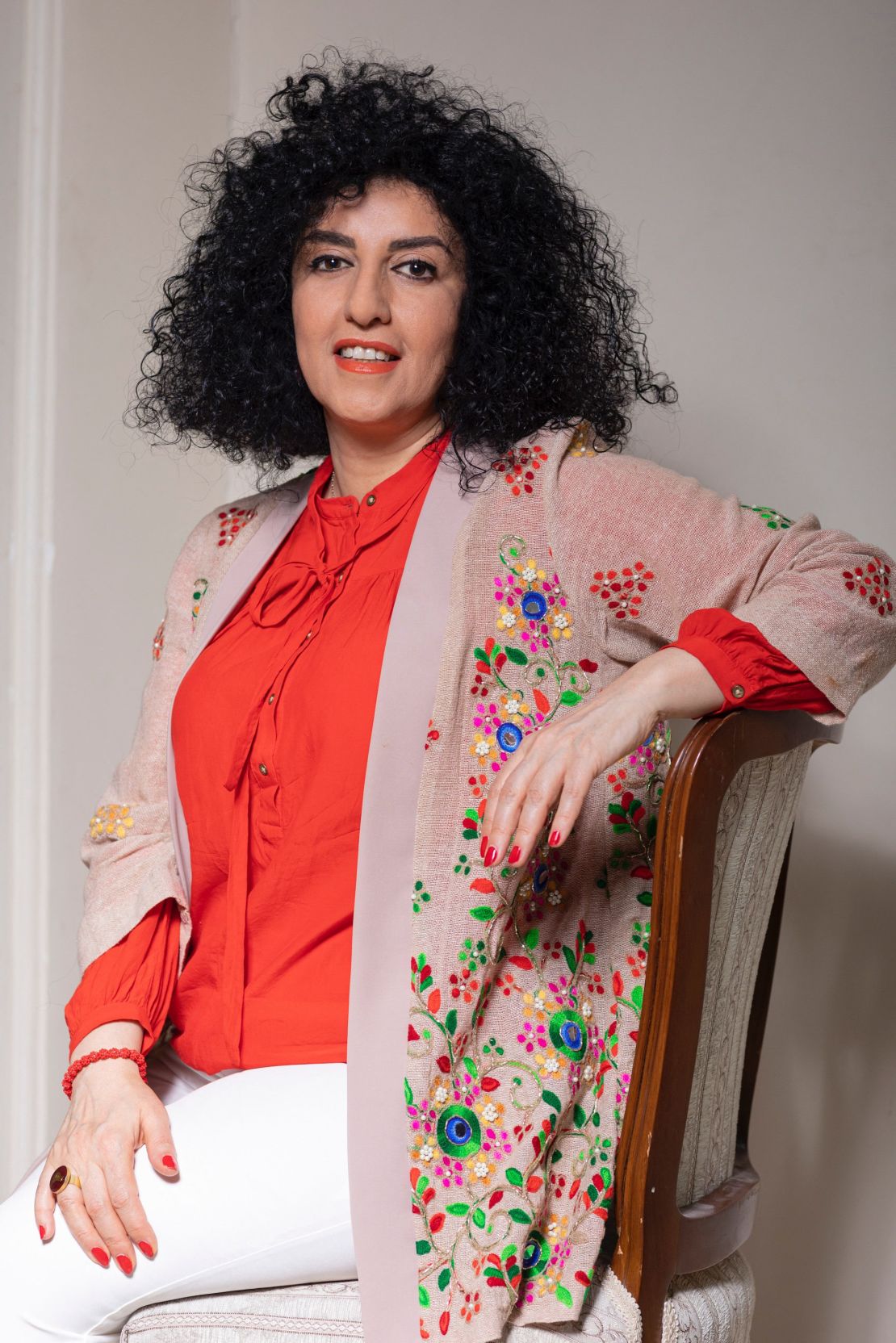
The walls of the museum are lined with photos from the sibling’s childhood and the rare occasions the small family was intact, together and smiling. Ali and Kiana count the steps in a corner meant to recreate the solitary confinement both of their parents had endured. Ali recounts how their father, Tagi Rahmani a political prisoner for 14 years, used to keep sane by walking back and forth, finding solace in the engravings on the walls left by previous prisoners.
It’s a type of “white torture” their mother documented in agonizing detail in a book she wrote in prison, also featured in the museum.
Prison has not silenced Mohammadi. She did not get to see the streets of Iran convulse with mass protests in 2022 against the theocratical regime. Yet, in audio recordings smuggled out of prison and shared with CNN, she’s heard leading her fellow inmates in the iconic “Women, Life, Freedom” chant of the protests.
She also continues to work tirelessly to expose sexual assault against political detainees, including in a written interview with CNN this summer facilitated by intermediaries. Her prison sentences keep increasing, for charges of conspiring against national security and spreading false propaganda, among others.
She’s vowed to never stop even it means spending the rest of her life in prison.
“I’m really not very optimistic about ever seeing [my mother] again. My mom has a 10-year sentence left and every time she does something, like sending out the speech we will read out at the ceremony, that adds to her sentence,” Kiana says. “She will always be in my heart, and I accept that because the struggle, the movement, Woman Life Freedom, is worth it. Freedom and democracy are priceless. It’s all worth the sacrifice.”
The post As they prepare to accept her Nobel prize, jailed activist’s children believe they’ll never see her again appeared first on Egypt Independent.
What's Your Reaction?
 Like
0
Like
0
 Dislike
0
Dislike
0
 Love
0
Love
0
 Funny
0
Funny
0
 Angry
0
Angry
0
 Sad
0
Sad
0
 Wow
0
Wow
0
